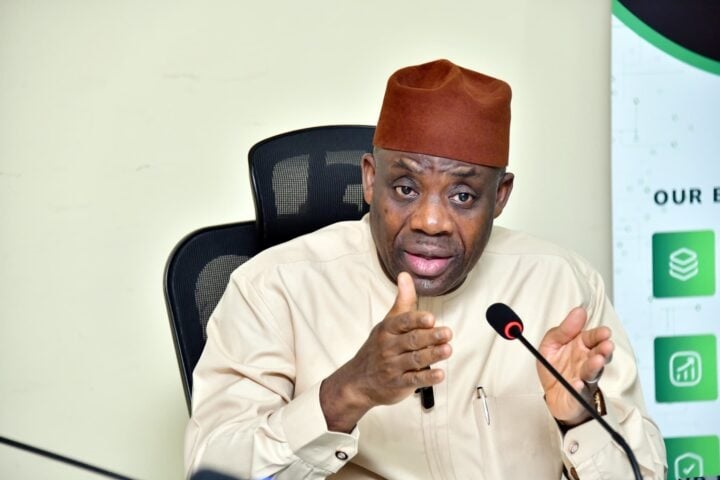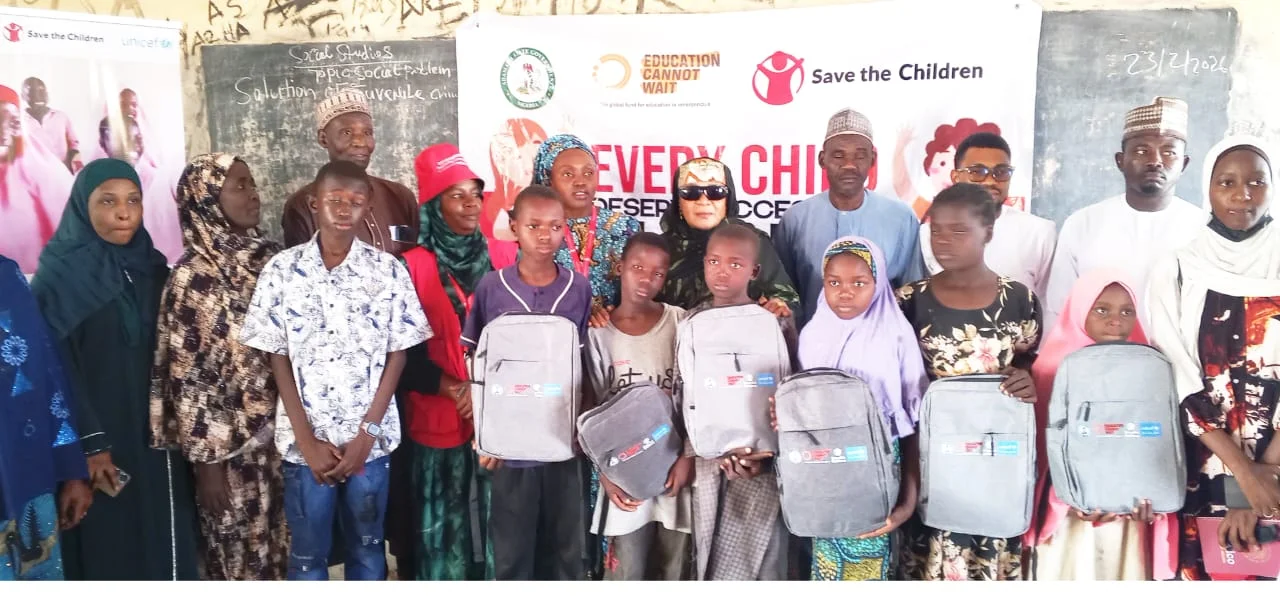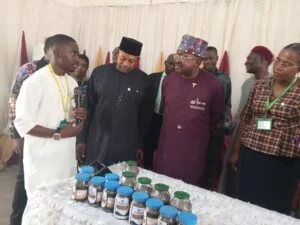Nigeria’s President Bola Ahmed Tinubu has directed the Ministry of Education to take decisive steps to prevent further industrial action by the Academic Staff Union of Universities (ASUU) and ensure that students remain in school.
The Minister of Education, Dr Tunji Alausa, disclosed this on Tuesday while briefing State House correspondents after meeting with the President at the Presidential Villa in Abuja.
Alausa said the President had mandated him to find lasting solutions to all issues threatening academic stability in tertiary institutions.
“The President has made it clear that he doesn’t want ASUU to go on strike, and we’re doing everything possible to keep our students in school,” Alausa said. “The last six-day strike was unnecessary. We’ve met almost all their demands and returned to the negotiation table. I spoke to ASUU’s leadership this morning, and we will resolve this.”
The Minister dismissed reports that ASUU or other tertiary education unions had issued a fresh ultimatum to the government, describing such claims as unfounded.
He explained that the government had now set up a single negotiating committee, led by Alhaji Yayale Ahmed, to engage both academic and non-academic unions across universities, polytechnics, and colleges of education.
“There is no ultimatum. Everything is calm, and all unions understand this is a listening government,” he added.
Alausa said President Tinubu’s administration is committed to transparency and accountability in the education sector, highlighting reforms aimed at improving oversight and efficiency.
He announced the launch of the Federal Tertiary Institution Governance and Transparency Dashboard, which will make data on enrolment, staffing, funding, and grants from public universities, polytechnics, and colleges of education publicly accessible.
“Our tertiary institutions receive nearly 100 per cent government funding, so we must hold them accountable,” the Minister said.
He added that the transparency initiative would later extend to state and private tertiary institutions, enforced through the National Universities Commission (NUC), the National Board for Technical Education (NBTE), and the National Commission for Colleges of Education (NCCE).
Alausa also noted that the Bureau of Public Procurement (BPP) participated in the launch to strengthen compliance with procurement rules and financial discipline.
The Minister praised President Tinubu’s “fervent commitment” to education and economic reform, noting that recent policy measures — including fuel subsidy removal, foreign exchange liberalisation, and new infrastructure projects — have helped drive Nigeria’s GDP growth to 4.23 per cent in the last quarter.
“Nigeria is back to governance,” he said. “The President’s actions are building the economy and restoring the global competitiveness of our universities.”





